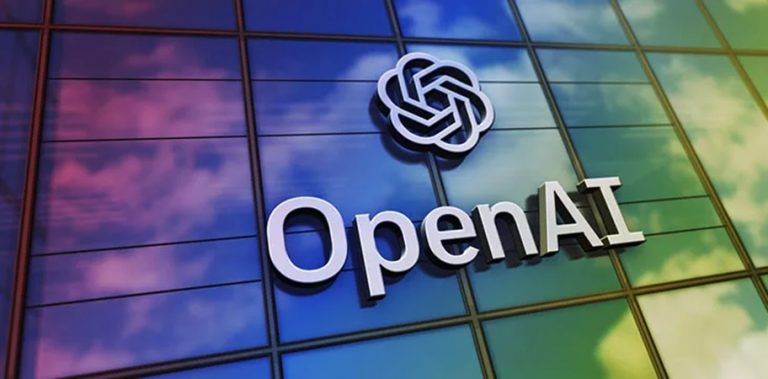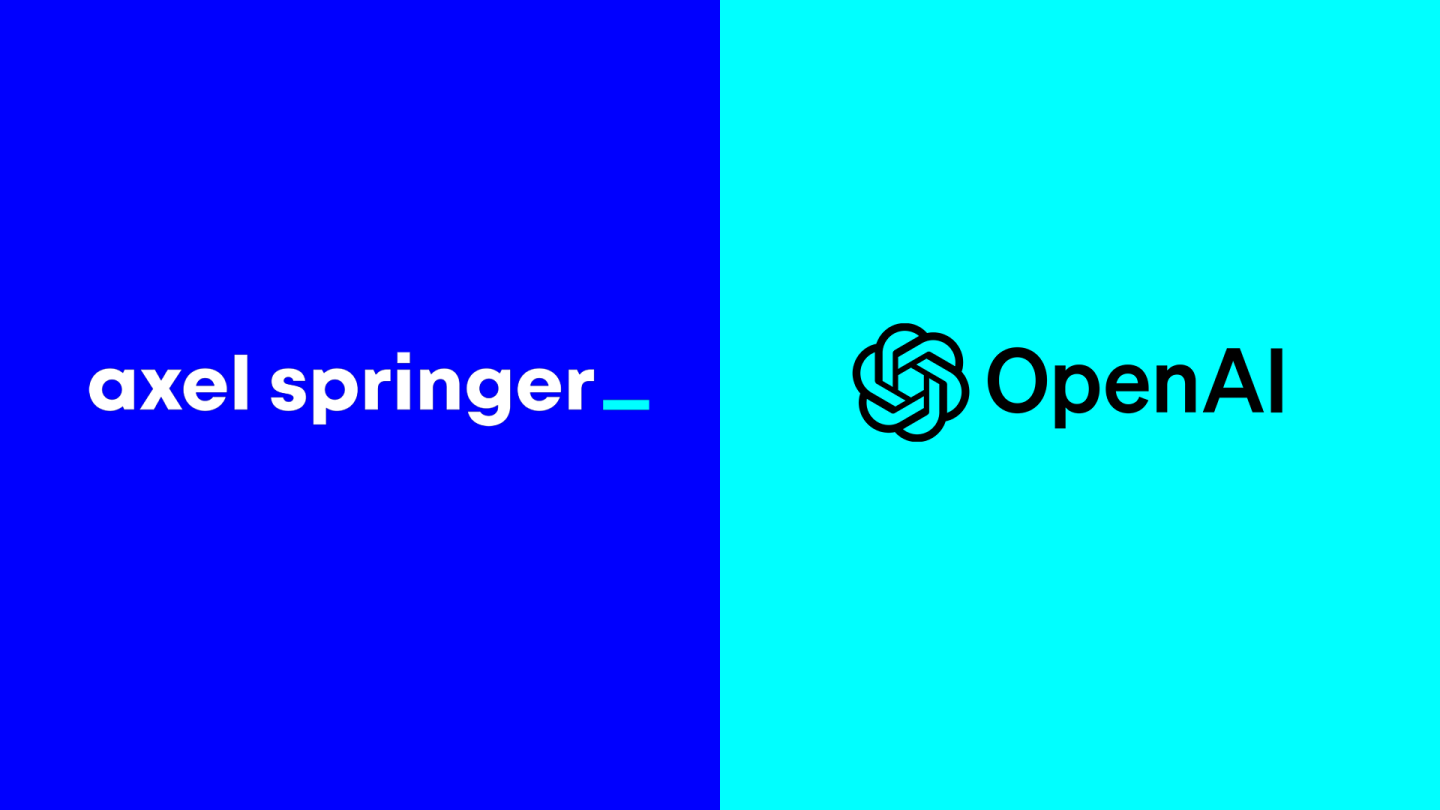OpenAI has solidified a unique collaboration with Axel Springer
In a groundbreaking move, OpenAI has solidified a unique collaboration with Axel Springer, the Berlin-based media conglomerate behind renowned publications like Business Insider and Politico. Unlike many generative AI tech vendors that assert fair use in training models on copyrighted internet material, OpenAI is charting a different course, opting for strategic partnerships to navigate the evolving landscape of intellectual property and AI.
Today’s announcement marks OpenAI’s second venture with a news organization, following a previous agreement to license portions of The Associated Press’ archives for model training.
Under this innovative partnership, OpenAI gains access to Axel Springer’s content to enhance its generative AI models, specifically empowering its widely-used AI chatbot, ChatGPT. Users of ChatGPT can now receive succinct summaries of selected articles from Axel Springer’s publications, even those typically hidden behind paywalls. Notably, these summaries will carry proper attribution and links directing readers to the full articles.
In reciprocity for this collaboration, Axel Springer will receive payments from OpenAI, although the specifics of the payment terms remain undisclosed. The agreement is set to extend over several years, fostering a mutually beneficial relationship without exclusivity commitments. Furthermore, Axel Springer pledges support for OpenAI’s existing AI-driven ventures that leverage its cutting-edge technology.
Axel Springer CEO Mathias Döpfner expressed enthusiasm about this pioneering global partnership, emphasizing their shared vision for exploring the potential of AI-empowered journalism. Döpfner envisions elevating the quality, societal relevance, and business model of journalism to new heights through this collaboration.
In the broader context of AI adoption in the publishing industry, tensions have arisen between publishers and generative AI vendors. Concerns range from copyright infringement allegations to worries about generative models diverting traffic from traditional search results, as exemplified by Google’s SGE. Publishers are also increasingly vocal about the need for compensation agreements when vendors train their models on proprietary content.
In August, a coalition of media organizations, including Getty Images, The Associated Press, the National Press Photographers Association, and The Authors Guild, united in a call for greater transparency and copyright protection in AI practices. The open letter published by these entities urged policymakers to consider regulations ensuring transparency in training datasets and facilitating negotiations between media companies and AI operators.
The prevailing sentiment among media organizations is that current practices not only violate copyright laws but also undermine the fundamental business models of the industry. These models, reliant on readership, licensing, and advertising, face disruption due to AI practices, potentially diminishing media diversity and compromising the financial viability of companies invested in delivering high-quality and trustworthy information to the public.









